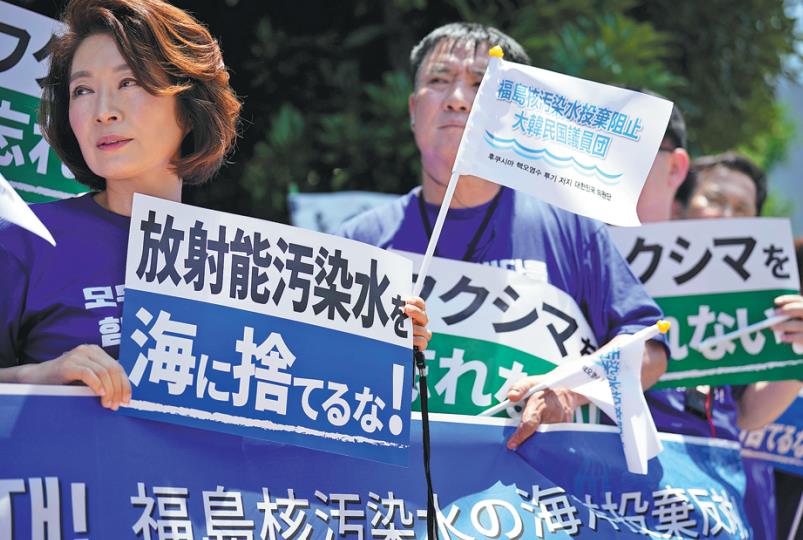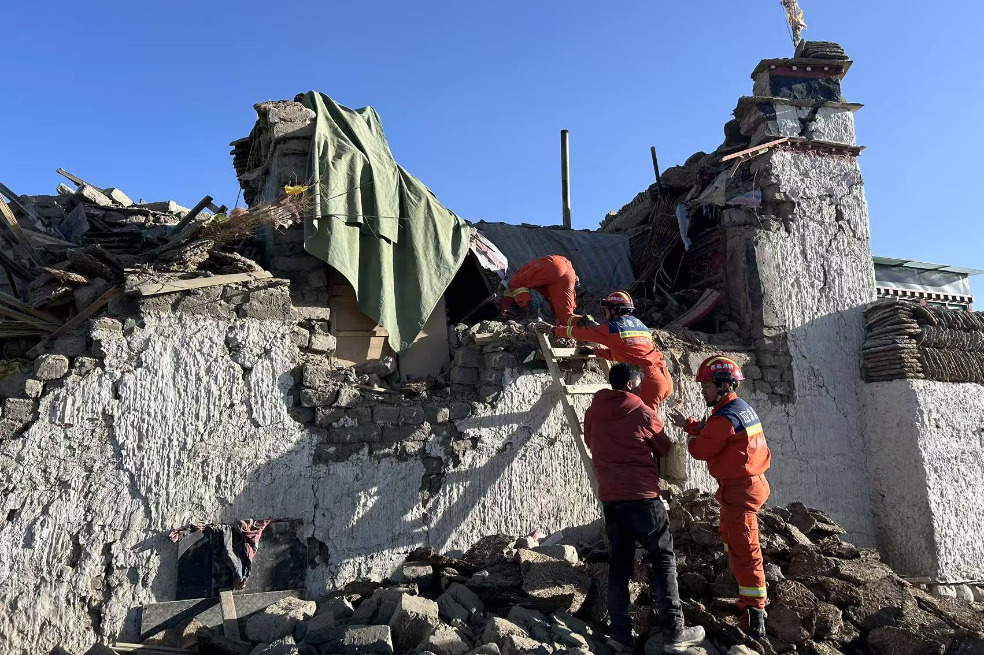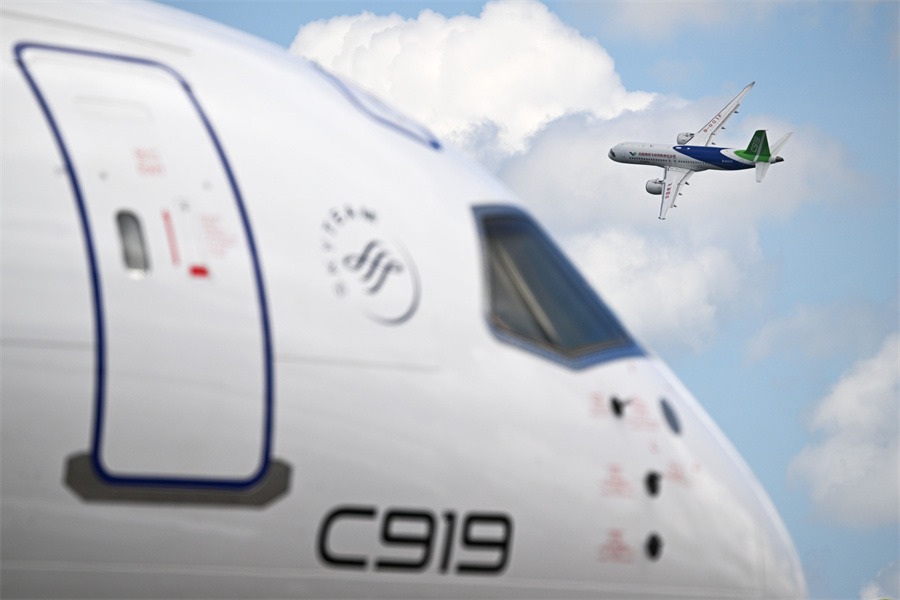ROK must worry for its fishermen, not for Japan


A month ago, the government of the Republic of Korea said that Japan's nuclear-contaminated water release plan "meets standards". Now Yonhap News Agency has quoted ROK officials as saying that it is for Japan, and not for the ROK and Japan, to decide when it should dump the water.
It seems the ROK government has stopped bothering about Japan's discharge plan. It even released a paper saying they themselves had discharged more tritium than Japan, but the local media pulled up the government, reminding it that the ROK's data was of 2022, and Japan's of 2019. ROK Prime Minister Han Duck-soo had even said he would drink the nuclear contaminated water from Fukushima.
Ironically, that's not what his people — who have expressed concern over Japan's discharge plan and blamed the Japanese government for the plan and the ROK government for supporting it.
Even the Japanese people have expressed their anger, protesting against the Japanese government and the Tokyo Electric Power Company, which managed the nuclear power plant in Fukushima. One wonders why the ROK is speaking up for the interests of Japan, while neglecting the livelihood of its own fishermen, who will be badly hit once the contaminated water is discharged.
In contrast, China has been firmly opposing any hazardous plan of discharging nuclear-contaminated water into the ocean. China's customs department has banned imports of food from Fukushima and relevant Japanese prefectures, while the Chinese Foreign Ministry has said that those who believe they can drink or swim in nuclear-contaminated water from Fukushima should collect the same and drink or swim in it, instead of piping it into the ocean.
Foreign Ministry Spokesperson Wang Wenbin said that China has asked Japan to come to the right path of meeting the concerns of every side. It's time Japan dropped its discharge plan and conducted research to find a more appropriate way to discharge the water.


































